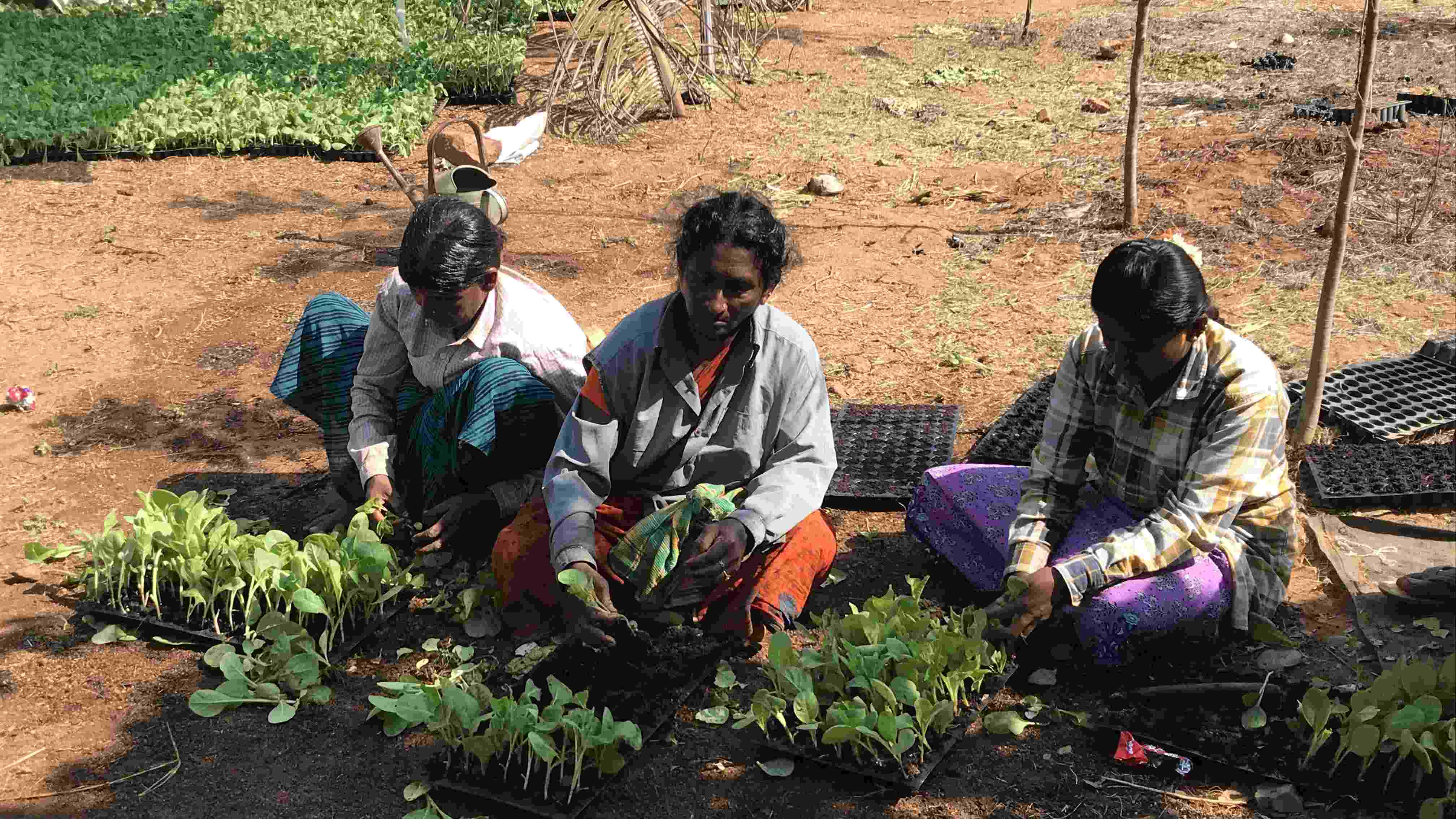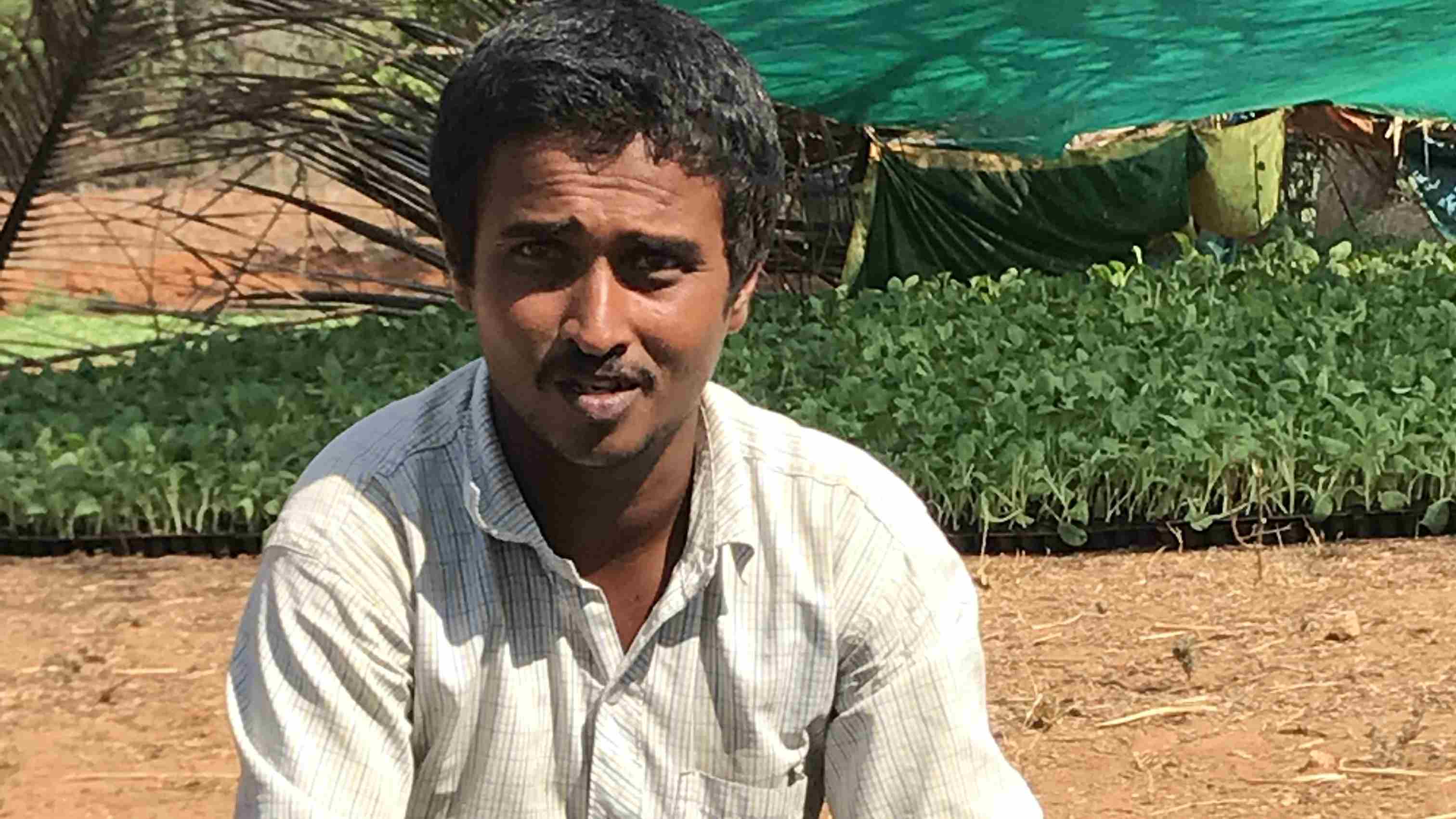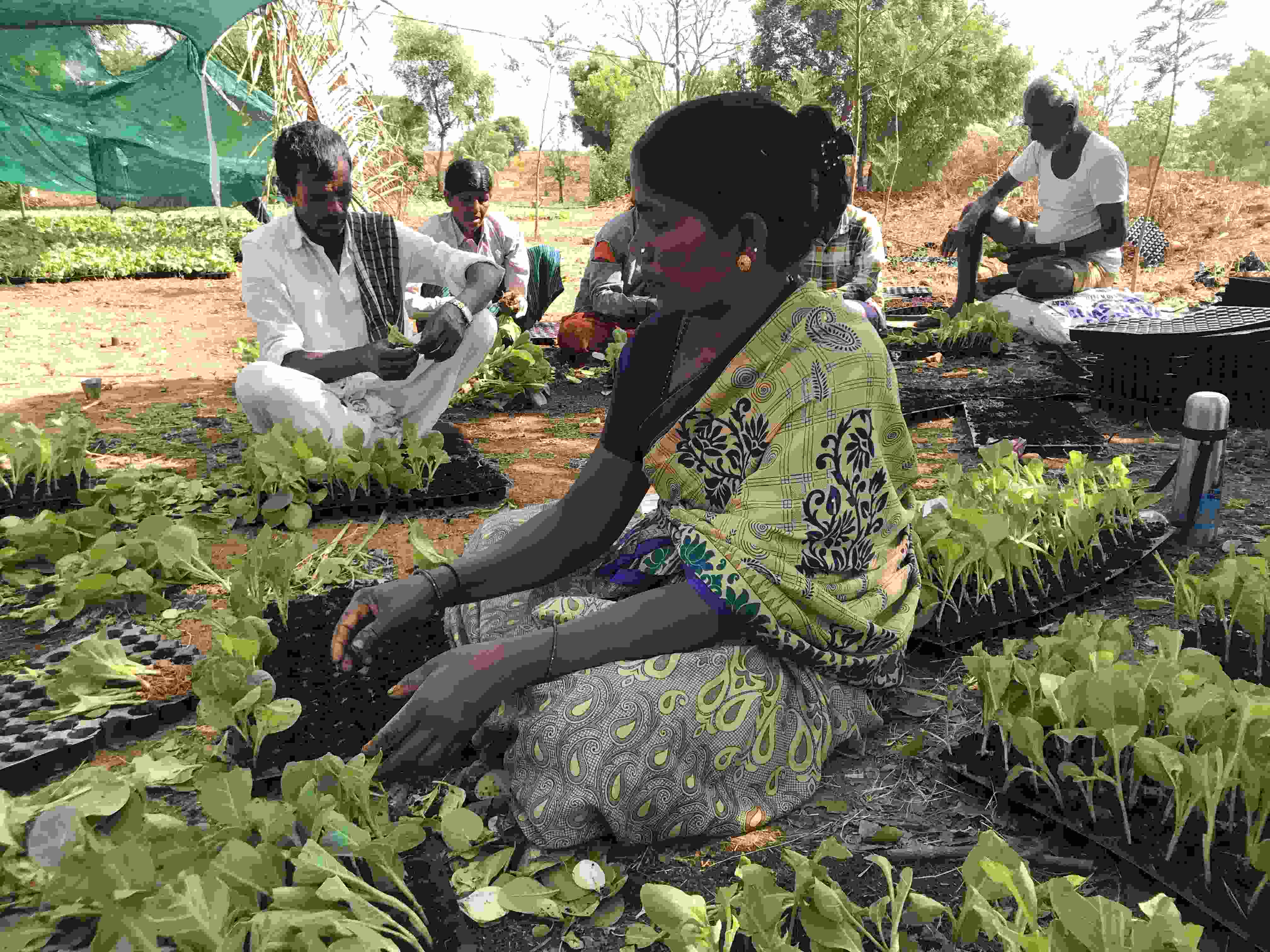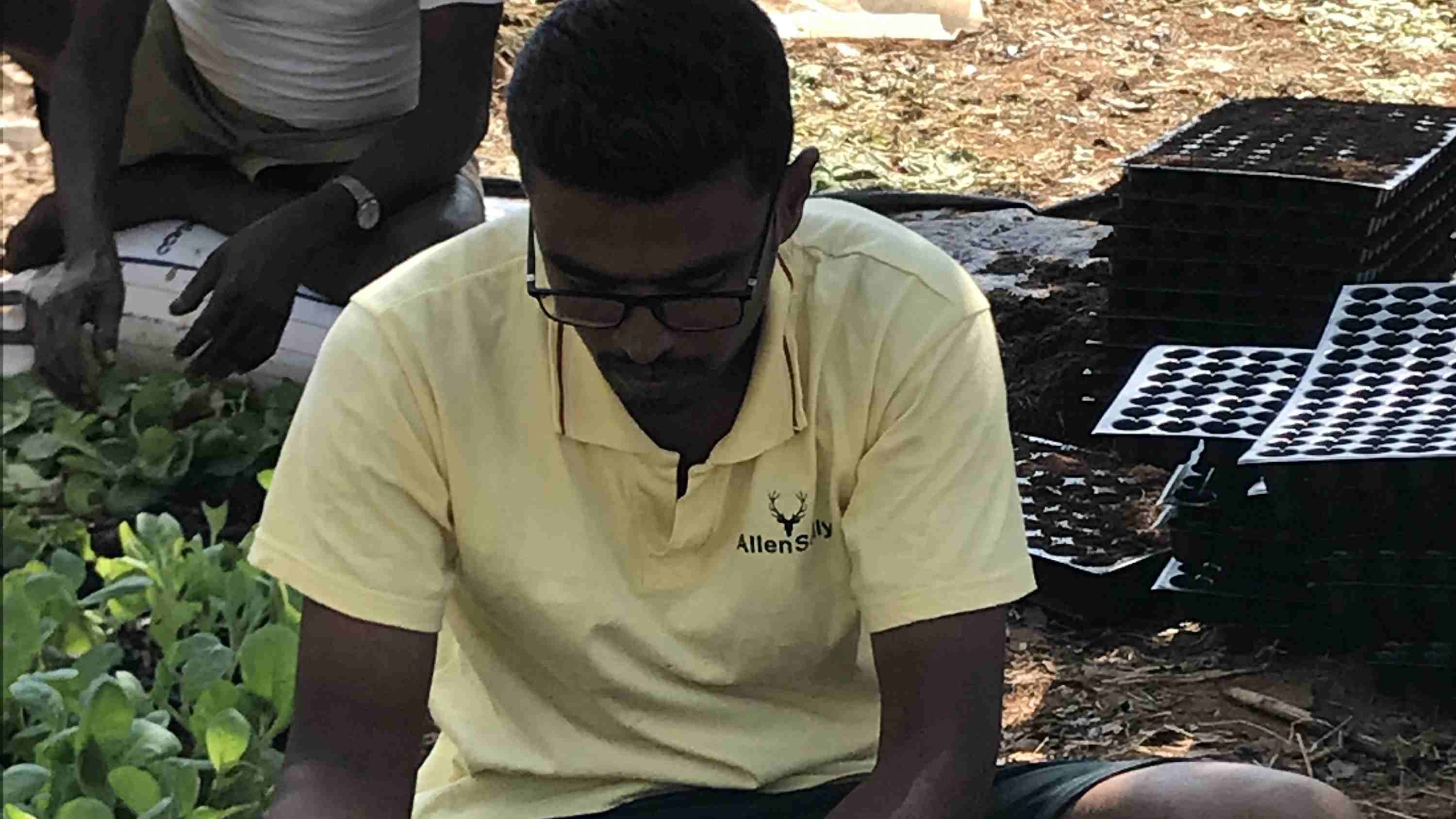
Asia Pacific
12:54, 18-Apr-2019
India elections: National security makes a buzz
Ravinder Bawa

The staggered elections in India will take another month to get over. In the seven-phased elections under a billion voters will be deciding the fate of the political parties.
When campaigning began the issues like rural, distress, unemployment, demonetization and new taxation system were doping the rounds. Much to the surprise of many in the middle, the narrative changed and now the security of the nation is picking up pace in both urban and rural areas.
Parsanna, 21, has just graduated and lives in a village in Southern Karnataka. He is one of the 15 million first-time voters. "I will vote for Narendra Modi and the ruling party. Although the elders in my family have been talking me out of this, I still feel that if the nation is secure only then can it prosper," he said.

Farmers in Southern Karnataka, India are waiting these days for rain to arrive so they can replant the tobacco plants in the main field. /CGTN Photo
Farmers in Southern Karnataka, India are waiting these days for rain to arrive so they can replant the tobacco plants in the main field. /CGTN Photo
The incumbent Prime Minister Narendra Modi and the ruling party have raised the pitch on nationalism and national security to woo the voters. It has taken many by surprise and the critics question, "If the nation is hungry, how will we protect the nation?" asked Javare Gawda, a farmer from South India.
Until national security became the defining issue in these elections, farmer distress was one of the central themes of campaigning especially for the opposition. Farmers protested many times in the last two years bringing their agenda of loan waiver in the forefront.

Devaraju and his family are in the fields. He grows tobacco for the survival of his family. /CGTN Photo
Devaraju and his family are in the fields. He grows tobacco for the survival of his family. /CGTN Photo
Devaraju has a small land holding of two hectares and is under debt. "This government made many promises, but they fulfilled none. The money they promised during the budget has still not come into our bank accounts."
"Like me, many farmers are in debt. The government can waive the loans of corporations but not ours. This government brought in a crop insurance scheme for which we all signed up, but its implementation is poor. When our crops fail due to lack of rain or pests, we are never compensated," said Rame Gawda, another farmer.
Devaraju has endless problems. He educated his son Purushotam but the boy did not find any job. "This government has failed to create jobs also. The youth in this village are well educated but grazing cattle," complained Devaraju.
A leaked government report has placed the country's unemployment rate at a four-decade high. But in this election season issues like jobs have taken a back seat.

Purushottam, a bachelors degree holder in India, grazes cattle and works in his fathers' land as he could not find a job. /CGTN Photo
Purushottam, a bachelors degree holder in India, grazes cattle and works in his fathers' land as he could not find a job. /CGTN Photo
"I feel mentally depressed. People make fun of me that I studied, but I could not get any job. Some people say I am educated but I am grazing cows. I have no choice but to help my father," said Purushottam, a bachelors degree holder.
There are under a billion registered voters who will be deciding the fate of the major political parties in these general elections. Analysts say the issue of national security has resonated with the young voters and this could go in favor of Modi and his party.
Voting for 91 constituencies got over on April 11 with a voter turnout of under 70 percent. The results will be announced on May 23.
(Cover image: Women daily wage workers preparing tobacco plants to be replanted in the fields in Karnataka, India. /CGTN Photo)

SITEMAP
Copyright © 2018 CGTN. Beijing ICP prepared NO.16065310-3
Copyright © 2018 CGTN. Beijing ICP prepared NO.16065310-3